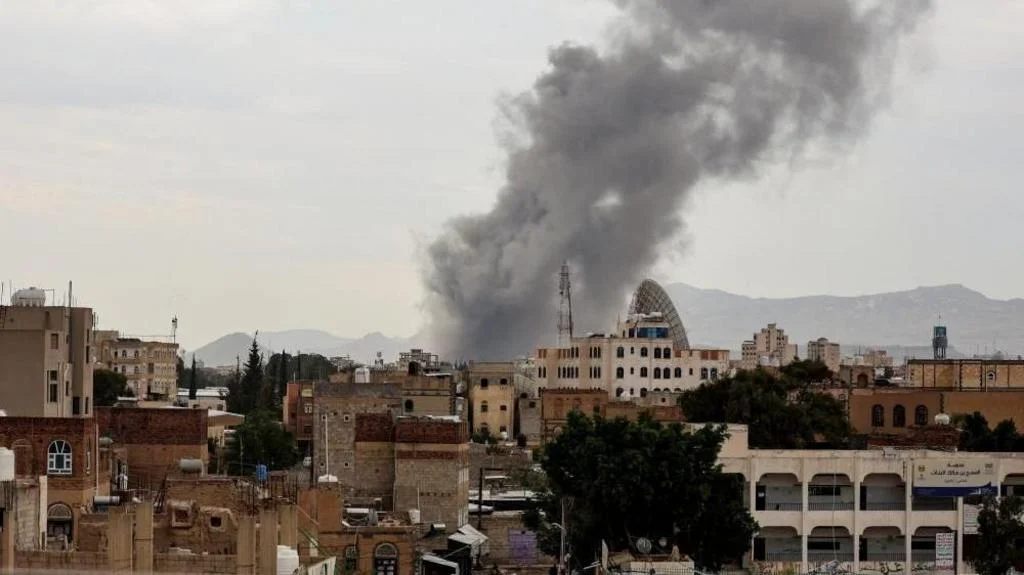Israeli airstrikes hit Doha, Qatar, on September 9, 2025, targeting Hamas leaders during ongoing ceasefire negotiations. The attack shocked the world and raised fears of wider instability.
UN Response
UN Under-Secretary-General Rosemary DiCarlo told the Security Council that the strike marked a dangerous turn in the Gaza conflict. She urged all parties to avoid actions that could undermine peace efforts.
Strike During Negotiations
The attack happened while Hamas officials met in Doha to review a US-backed ceasefire and hostage release deal. DiCarlo highlighted Qatar’s role, alongside Egypt and the US, in driving talks.
“Qatar’s commitment is vital. These efforts must be protected,” she said.
Sovereignty at Stake
DiCarlo stressed respect for Qatar’s sovereignty and territorial integrity. She warned that striking inside a mediator’s territory weakens trust in diplomacy and threatens future dialogue.
Key Concerns
- Escalation risk – Violence during talks could delay hostage releases and prolong suffering in Gaza.
- Global impact – Undermining peace talks erodes international conflict resolution.
- Call for restraint – All sides must recommit to dialogue over force.
Broader Implications
DiCarlo said violence will not resolve Middle East crises.
“Durable peace requires diplomacy, not more fighting,” she stated.
She urged quick progress: “Strike a deal. Free the hostages. End the suffering.”
Why It Matters
The Doha strike highlights the fragility of peacemaking in the Gaza war. It threatens regional stability and underscores the need to protect Qatar’s mediation role in pursuit of lasting peace.






